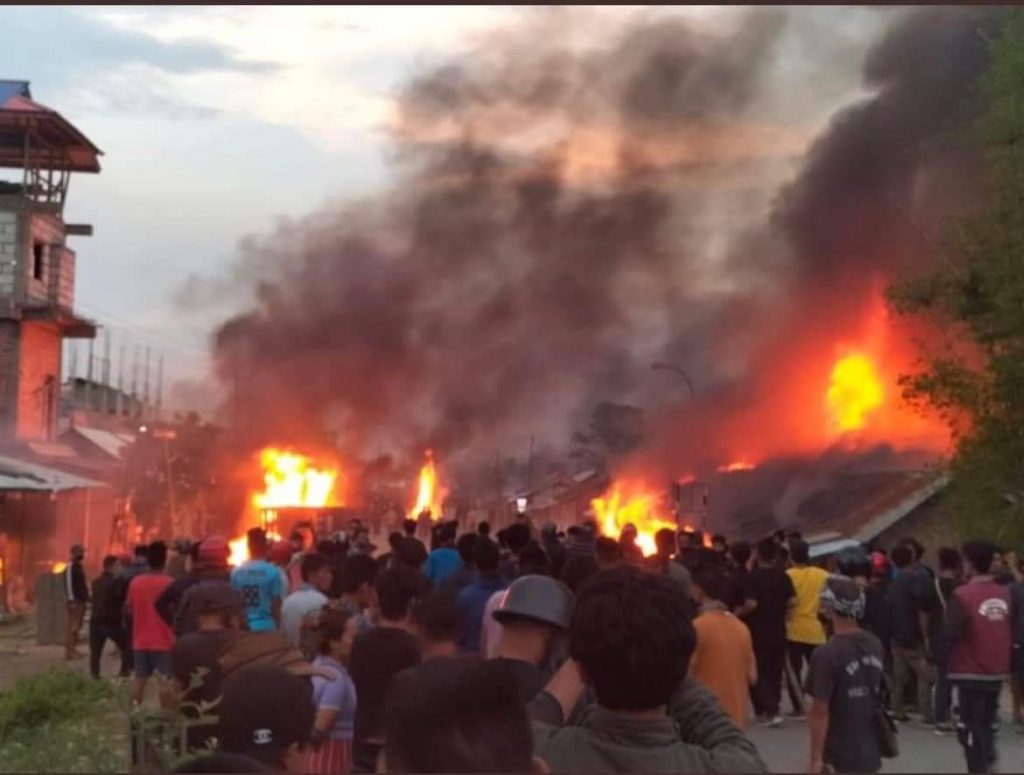The recent outbreak of violence in Manipur has presented the national capital, Delhi, with a series of complex challenges as it seeks to respond effectively to the situation. The ongoing unrest in Manipur has ignited discussions about the multi-faceted issues involved and the measures required to restore peace and stability in the region.
Delhi, as the seat of the central government and a hub for policy-making, finds itself at the center of efforts to address the situation in Manipur. The violence, characterized by clashes between different groups and security forces, has raised concerns about the region’s socio-political landscape, ethnic tensions, and historical grievances.
Challenges faced by Delhi in its response include:
- Balancing Security Measures: Ensuring the safety and security of citizens while preventing excessive use of force requires a delicate balance. Delhi must consider the deployment of security personnel while maintaining respect for human rights and due process.
- Promoting Dialogue: Addressing the root causes of the violence necessitates engaging with various stakeholders and promoting open dialogue. Delhi’s response must focus on understanding local grievances and creating platforms for constructive discussions.
- Political Engagement: Diplomatic efforts are required to engage local leaders, communities, and other stakeholders to work towards a peaceful resolution. Delhi’s political approach will be instrumental in restoring trust and addressing long-standing concerns.
- Media Management: Ensuring accurate and responsible reporting of the situation is crucial to prevent misinformation and maintain public confidence in the government’s response.
- Preventing Escalation: Delicate handling of the situation is essential to prevent further escalation and maintain stability in the region. Measures must be taken to prevent any potential spread of violence.
- Addressing Socio-Economic Disparities: Long-term stability requires addressing socio-economic disparities that contribute to feelings of marginalization and discontent. Delhi’s response should encompass developmental initiatives to uplift affected communities.
The response to the violence in Manipur is a multi-dimensional endeavor that requires a comprehensive approach, sensitive to the region’s historical, cultural, and political complexities. Delhi’s response will likely involve a combination of immediate security measures, diplomatic efforts, engagement with local leaders, and initiatives aimed at addressing the underlying issues.
As Delhi navigates these challenges, its response will have broader implications for conflict resolution strategies, regional stability, and the overall well-being of affected communities. The situation underscores the importance of empathy, collaboration, and nuanced decision-making in responding to complex conflicts within the country.










